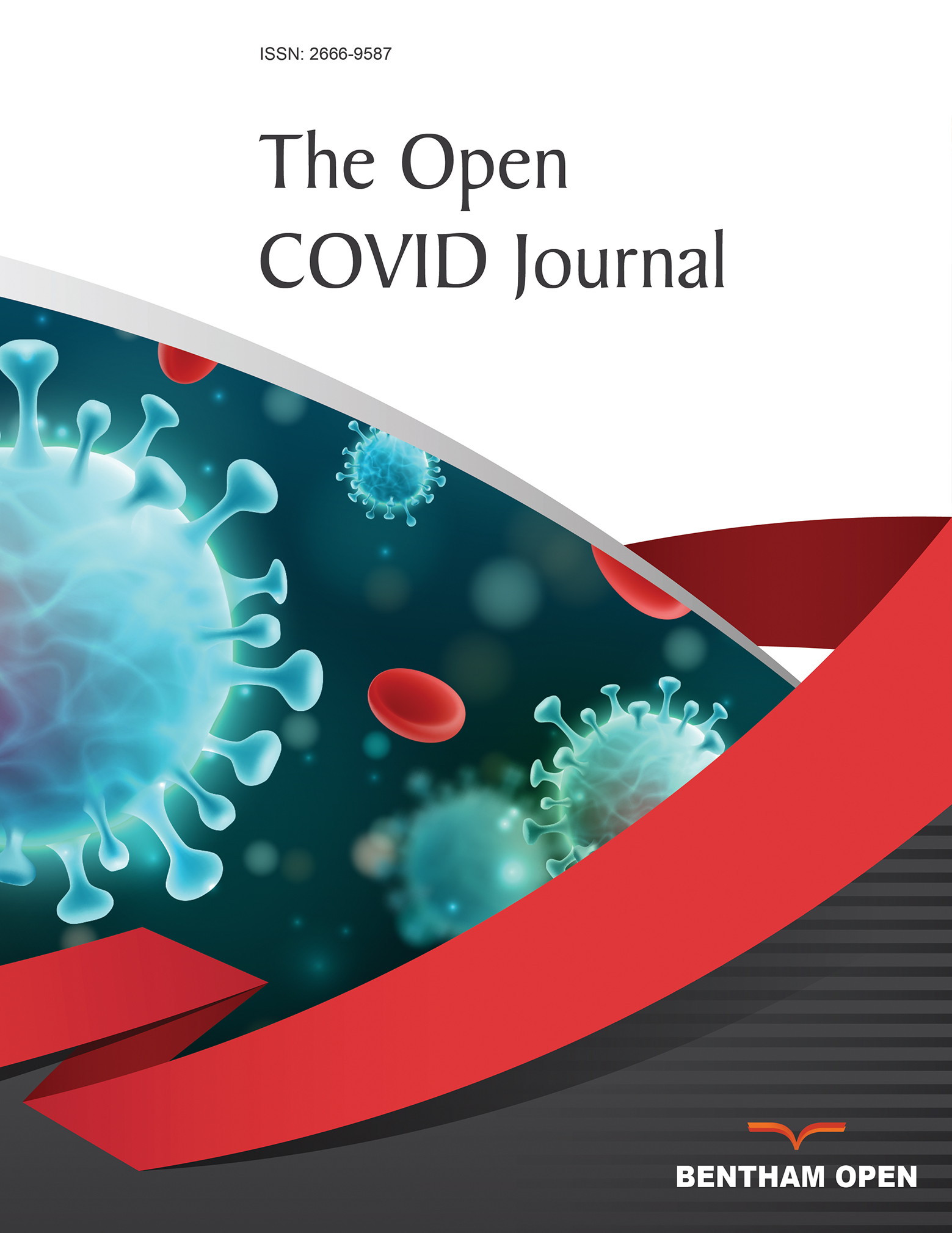Benefits of Early Implementation of Enteral Feeding in Ventilated COVID-19 Patients: A Systematic Review of Current Literature
Abstract
Introduction:
COVID-19 (SARS-CoV-2) has swept destruction across the world and continues to cause significant morbidity and mortality. For critically ill patients requiring mechanical ventilation enteral feeding is typically required for nutritional support.
Method:
Due to the novelty of this virus, protocols have been aimed to mimic Acute Respiratory Distress Syndrome (ARDS) patient nutritional support. There is limited data around the benefits of early enteral nutritional support for mechanically ventilated patients.
Result:
Data from two studies evaluated the use of enteral nutrition protocols in critically ill COVID-19 patients and revealed only minor significant differences in hospital course between early and late enteral feeding. There were better outcomes overall for COVID-19 patients who were able to tolerate enteral feeding compared to patients who were intolerant of enteral feeding.
Conclusion:
Future studies involving a baseline nutritional assessment may help clinicians better understand the role of early enteral nutrition support among mechanically ventilated COVID-19 patients.


